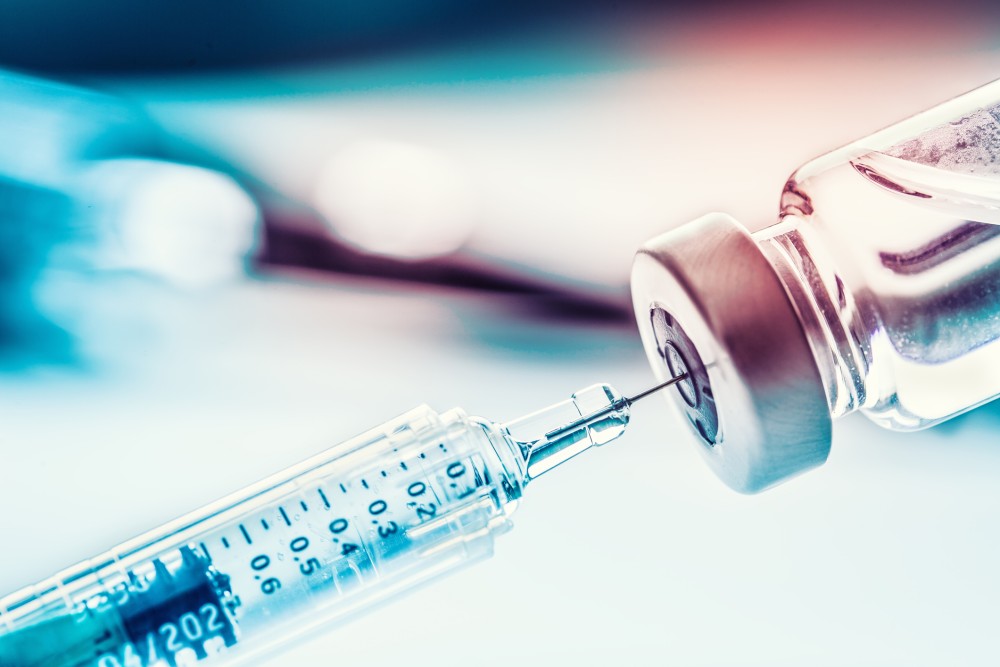I get vaccines not because I’m certain they’re 100% harmless. I get them so other people won’t die.
Medicine always involves trade-offs. With vaccines, we’re not just weighing them for ourselves.

Let me get this out of the way: I am pro-vaccine. I had the full schedule of what was available when I was a child, thanks to my parents, and I’ve had the appropriate boosters as an adult. I’ve followed the recommendations each time I’ve traveled internationally. Even though the shot for yellow fever made me extremely loopy for several hours and the one for typhoid made me think my arm would fall off, it was all worth it.
That said, I’m also sympathetic to the reasons that other people don’t vaccinate or seek a delayed schedule. I don’t think any of us is served by painting them all with broad strokes. As Amanda Paulson of The Christian Science Monitor points out, anti-vaxxers and the “vaccine-anxious” are a diverse bunch. They include not just “natural living” enthusiasts but also some of my plain-dressing fellow Anabaptists, among other groups.
Some of them don’t trust government? I can’t deny the reality of the Tuskegee experiments, officially called the “Tuskegee Study of Untreated Syphilis in the Negro Male.”





